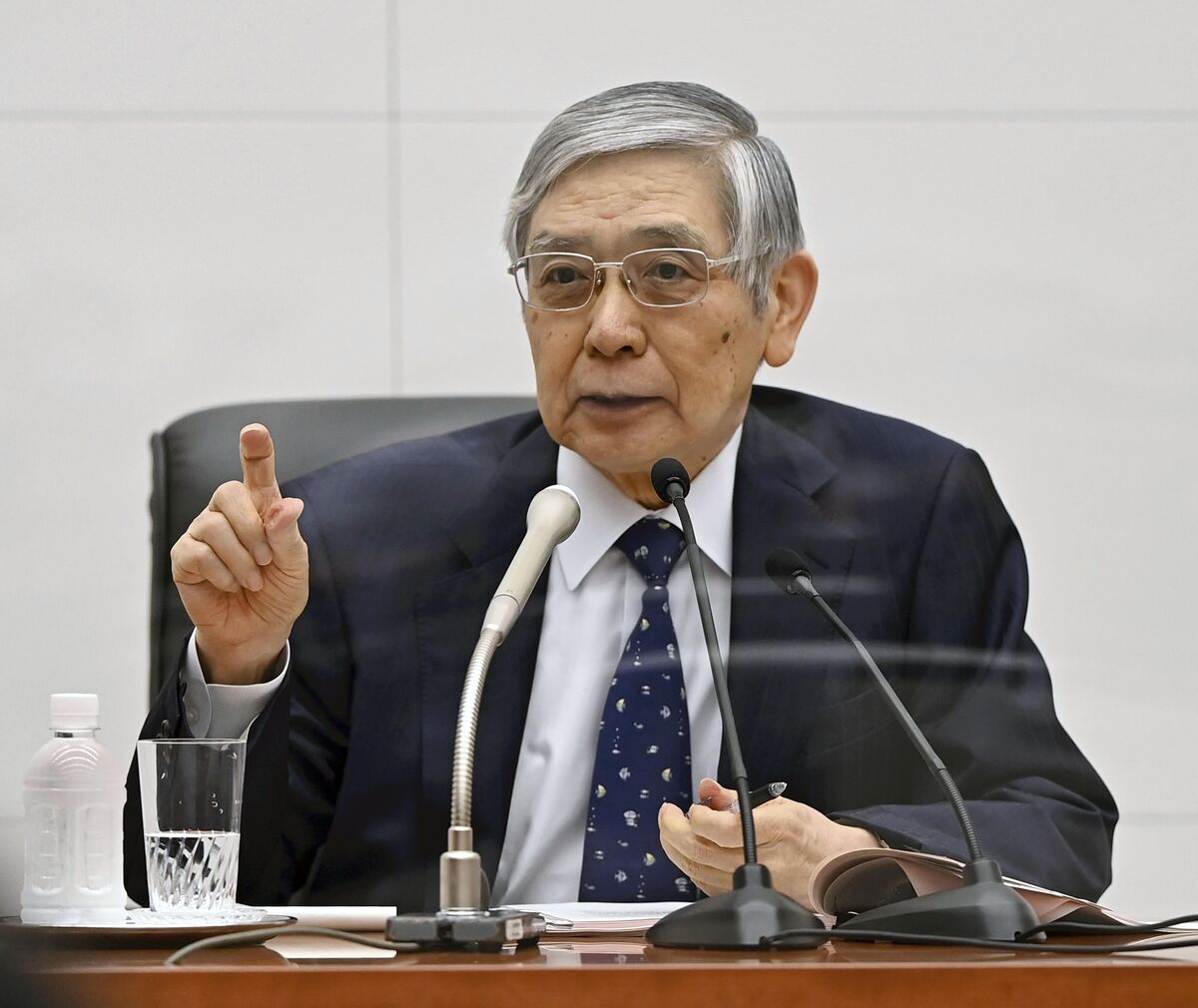Haruhiko Kuroda, Governor of the Bank of Japan, said on the 26th that she will not hesitate to take monetary easing measures in response to a decline in economic activity and prices. He spoke in a question and answer session after a panel discussion jointly organized by four Osaka business organizations.
Noting that strong fluctuations in exchange rates are negative and undesirable for the economy, he said he will continue to closely monitor developments in the financial and foreign exchange markets. In a previous speech, he said: “By continuing monetary easing, we will firmly support the Japanese economy on the demand side and support the formation of a virtuous circle accompanied by wage increases.”
Deputy Governor Masayoshi Amemiya also said on the same day that the Bank will implement monetary easing to achieve the price stability target in a sustainable and stable way, accompanied by wage increases. I gave a speech at the National Securities Convention held in Tokyo.
Other remarks by Governor Kuroda
- The rise in prices in Japan is due to high costs, such as high resource costs and a weak yen
- Consumer prices will further increase towards the end of the year
- Consumer prices are expected to fall below 2% after the end of the year
- The gap between supply and demand will turn positive in the second half of this fiscal year and will gradually expand
- Inflation expectations have increased in both the long and short term
- Future wage negotiations should reflect past price increases
- Uncertainties about the future, in particular downside risks, are increasing
- US and European central banks will raise interest rates, which could translate into a stronger sense of global economic slowdown
- There is no denying the possibility of repeated waves of infectious diseases
- Fund provision transactions against pooled collateral are the most versatile method of providing funds
- Focusing on responding to a wide range of funding needs stemming from COVID-19 operations, while maintaining a supportive environment
The Bank of Japan unanimously decided to maintain the status quo of monetary easing measures at the 22nd monetary policy meeting. At a press conference, Governor Kuroda said: “We will not raise interest rates for now.” in order to achieve stable and sustained increases in wages and prices. He explained that “for the moment” it is “two or three years” rather than several months. The monetary policy difference between Japan and the United States was again recognized, and the yen depreciated to 1 dollar = 145.90 yen at one point, and the government and the Bank of Japan decided to step in to buy the yen. for the first time in 24 years.
The US Federal Reserve Board (FRB) decided to raise interest rates by 0.75 percentage points for the third consecutive meeting on the 21st. On the 22nd, the Swiss National Bank (central bank) also decided to raise interest rates by 0.75 percentage points, putting an end to the negative interest rate policy. As major central banks in the US and Europe accelerate interest rate hikes to fight inflation, the Bank of Japan, which is the only one in the world to maintain negative interest rates and steadfastly maintain monetary easing, it became even clearer.
Haruhiko Kuroda, Governor of the Bank of Japan
Photographer: Nishi Yoshitaka / The Yomiuri Shimbun / Bloomberg
(Updated to add remarks from Governor Kuroda)
–

